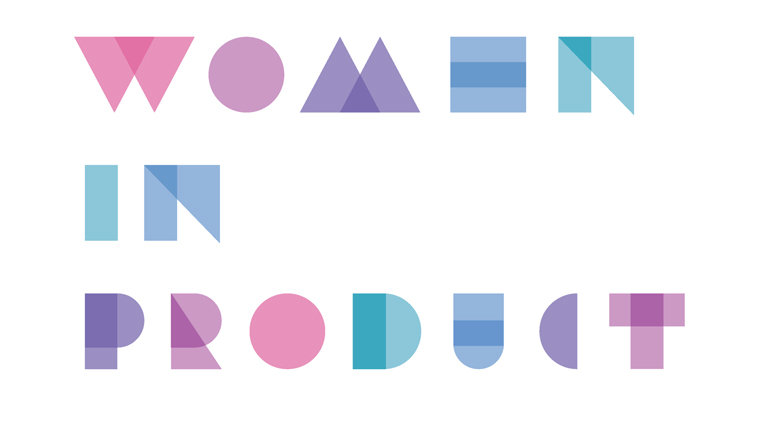Achieving greater diversity shouldn’t just be a noble aspiration for tech companies: in reality, it’s good business sense. Having more women in senior positions at the top of an organization leads to greater success and higher profits, studies have shown. The bottom line is that you’re not just being kind by diversifying, you’re playing to win.
And yet, it is no secret that Silicon Valley is still playing catch-up. To make a difference, often the first place to start is by coming together and bringing issues into the open.
This is what exactly happened at the recent Women in Product conference, the first of its kind. The conference was a unique opportunity for hundreds of women product leaders to get together and share their experiences.
As a group of around 350 women from across the tech industry, including eBay, Facebook, Twitter, Apple and Uber, we talked about a variety of topics around product management leadership and the unique perspective of being a woman in product.
The agenda was well-rounded; women in all stages of their careers were included to discuss everything from their journey to CEO, the new product they built to open communication lines during a disaster, how to proactively sponsor women at work, and my favorite topic: leaning in at work while balancing the roles of super-mom, super-wife, super-friend, super-sister, super-daughter, super-mentor, super-health-wizard, and super-community-helper.
Our discussion around the need to build informal communities to help with the logistics of being superwoman particularly resonated with me. It was an excellent reminder that we need to be more explicit about mapping these communities out and asking for help (as well as offering it).
It’s essential that we build those communities at work too: ‘girl squads’, as they were described by Uber’s Frederique Dame. We need to build sounding boards that serve as a support system for internal debates and making tough decisions so we don’t feel so alone. Because sometimes being a woman in the tech industry can be quite isolating.
From a young age, my parents raised me to believe that I could do anything; that I could be anything. When I got to MIT, I found myself the only woman in so many of my classes. When I started my career, I found myself the only woman in so many meetings. I often had to deal with feelings of being different and excluded.
Thankfully, that’s changing – the instances where I’m the only woman in the room are happening less and less frequently. At eBay, where I am a Vice President for Consumer Selling Product Management and Engineering, we’ve recognized that diversity isn’t just the right way to do business, or the fair way to do business – it is the smart way to do business.
As a product leader, it’s more urgent for me than ever that we close the diversity gap. This conversation is not just about men and women: it’s about being able to really understand and solve problems for the global environment. It stands to reason that if you only tap into the talents or insights of a portion of the population, you’re missing out.
Building great products is both an art and a science – and empathy, although often overlooked in a world where skills more traditionally seen as ‘male’ tend to be more highly valued, is a crucial component. You need to have empathy for your customers to be able to design and deliver the products they need and want. Empathy allows you to be a strong leader, and to empower the others on your team to be courageous and take risks – even if that means they might make a mistake.
What were the key takeaways of my day with 350 inspirational women? Leaning into your career is important -- but so is leaning into family, or leaning into your health. Be courageous, and don’t be afraid to ‘fail elegantly’, as Frederique Dame describes it. Build connections, and find your squad. Huge power comes with knowing you’re not the only one juggling these conflicting priorities, or dealing with this particular set of challenges.
I’ve come away from the conference with a new network of amazing women to lean on and support – and I’m looking forward to continuing the conversation and leveraging the connections to work together to set the stage for our future generation of female leaders.



